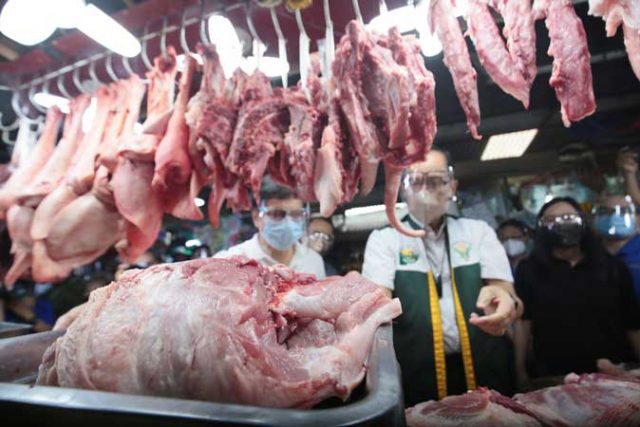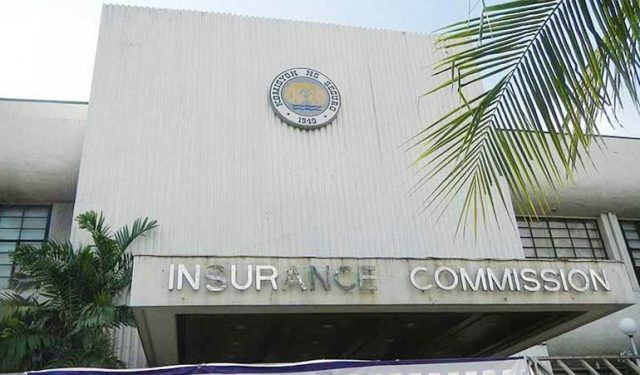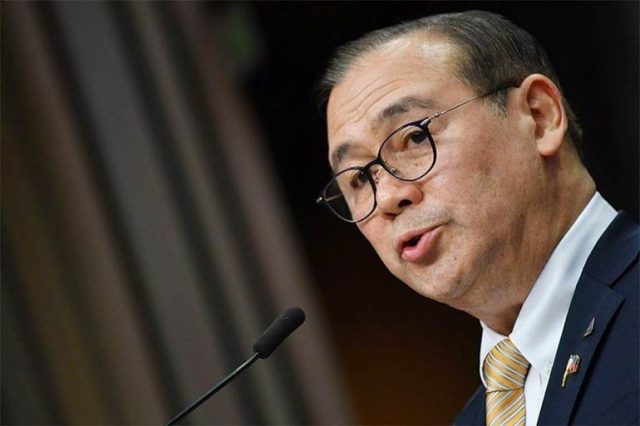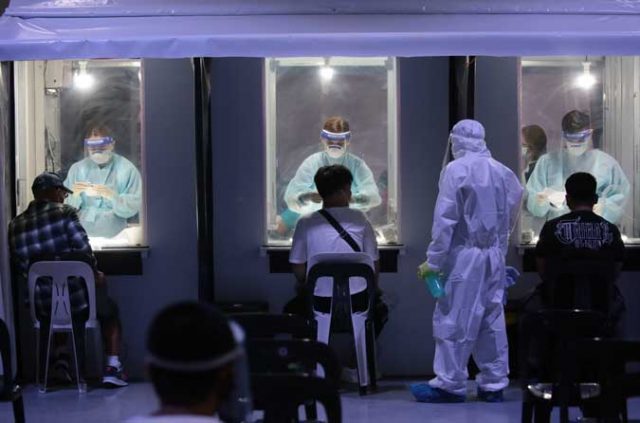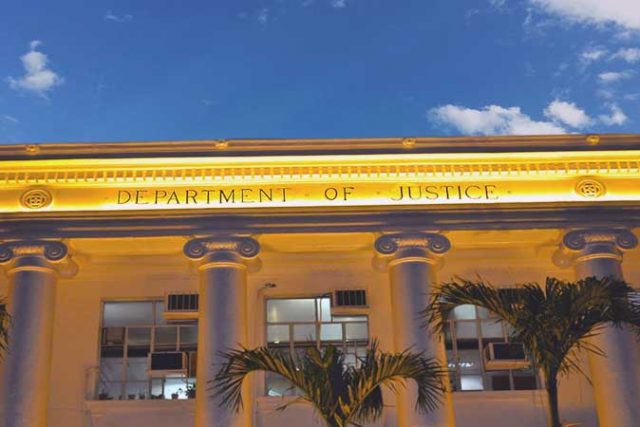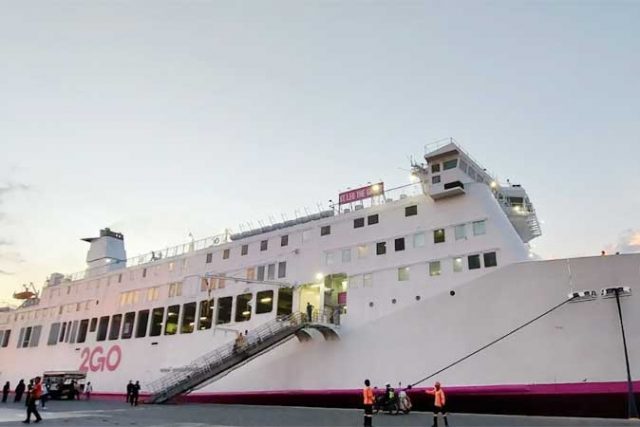PSEi up on bargain hunting, slowdown in cases
STOCKS inched up on Wednesday after the country logged lower coronavirus disease 2019 (COVID-19) cases the day prior and as investors went bargain hunting following days of decline.
The 30-member Philippine Stock Exchange index (PSEi) improved by 65.42 points or 1.01% to close at 6,523.21 on Wednesday, while the broader all shares index gained 30.81 points or 0.77% to end at 3,984.62.
“Market moved up today on bargain hunting after a lower infection [rate] of [four digits] was reported yesterday that somewhat created a positive sentiment among investors,” Diversified Securities, Inc. Equity Trader Aniceto K. Pangan said via text message on Wednesday.
The Health department reported 8,571 new COVID-19 infections on Tuesday, which brought the country’s tally to 884,783.
The PSEi also rose “due to aggressive buying at the closing auction, particularly in index heavyweights such as AC (Ayala Corp.), SM (SM Investments Corp.), SMPH (SM Prime Holdings, Inc.), BDO (BDO Unibank, Inc.), BPI (Bank of the Philippine Islands) and JGS (JG Summit Holdings, Inc.),” China Bank Securities Corp. Research Associate Zoren Philip A. Musngi said via e-mail.
“Notable events that may have driven the bullish sentiment today are the prioritization of several economic bills for foreign investment and the strong March figures for car sales,” Mr. Musngi said on Wednesday.
All sectoral indices posted gains on Wednesday. Financials went up by 24.71 points or 1.8% to 1,390.93; holding firms improved by 77.47 points or 1.17% to close at 6,677.70; property increased by 21.93 points or 0.69% to 3,201.14; services gained 7.68 points or 0.53% to 1,434.56; industrials rose by 35.86 points or 0.41% to 8,696.43; and mining and oil inched up by 22.19 points or 0.26% to end at 8,353.18.
Value turnover declined to P4.68 billion on Wednesday with 1.73 billion shares switching hands, from the P6.1 billion with 1.93 billion issues seen the previous day.
Diversified Securities’ Mr. Pangan said this is below average and is “indicative of most investors [being] cautious and staying on the sidelines.”
Advancers beat decliners, 111 to 81, while 55 names closed unchanged.
Net foreign selling slowed to P710.73 million on Wednesday from the P1.42 billion in net outflows seen on Tuesday.
Mr. Pangan said the upside momentum of the index may continue if “infection rates sustain their downside trend.”
Meanwhile, China Bank Securities’ Mr. Musngi expects the PSEi to finish between 6,440 to 6,650 in the near term.
“[This is] due the lack of meaningful upside catalysts and multiple headwinds from concerns around COVID-19 and lockdown developments, high inflation, economic growth, unemployment, rising bank NPLs (nonperforming loans), and geopolitical tensions with China,” he said. — Keren Concepcion G. Valmonte




